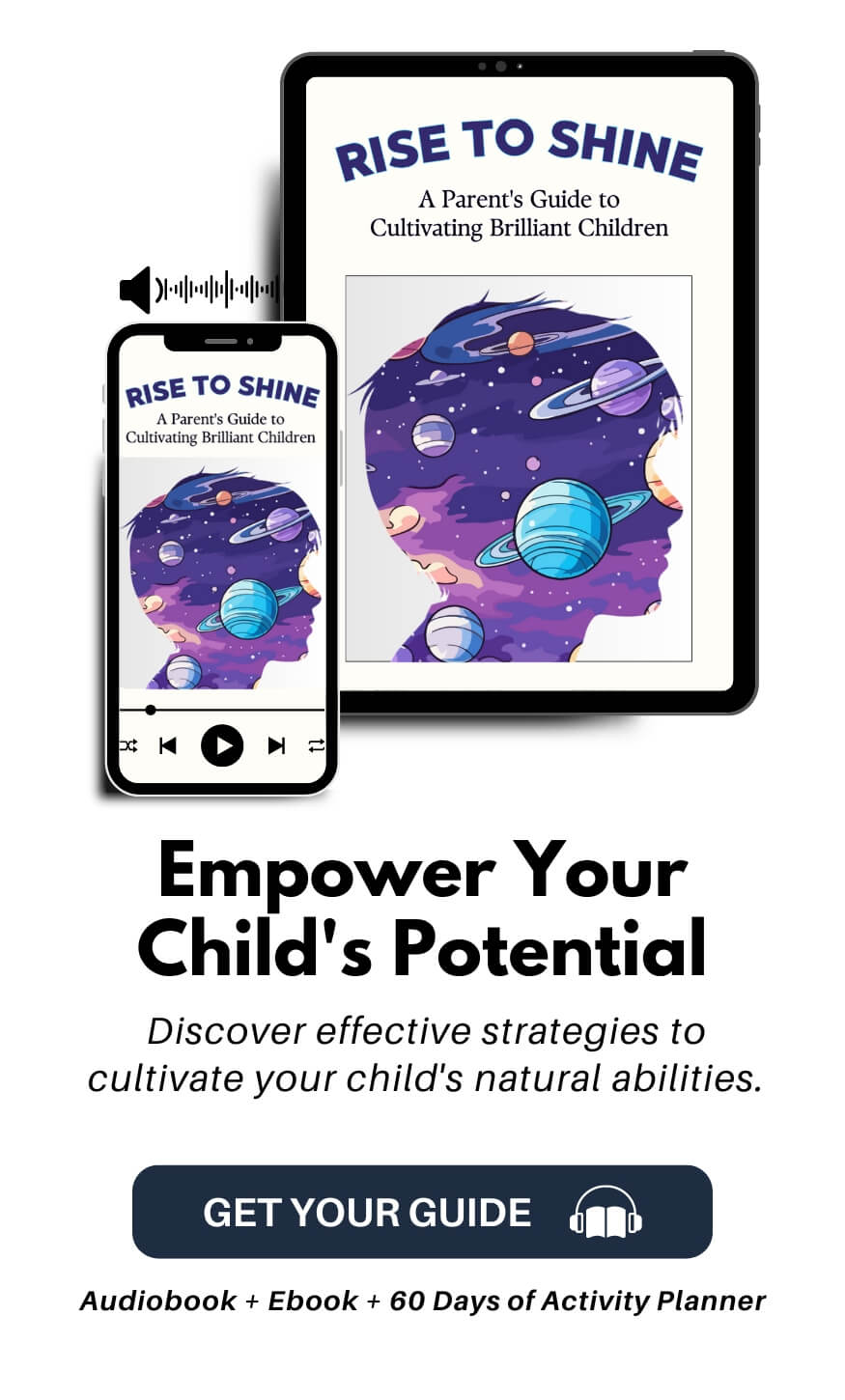Attention Deficit and Hyperactivity Disorder (ADHD) in Children: Symptoms, Diagnosis, and Treatment
Learn about Attention Deficit and Hyperactivity Disorder (ADHD) in children, its symptoms, diagnosis, and treatment options in this comprehensive guide.





